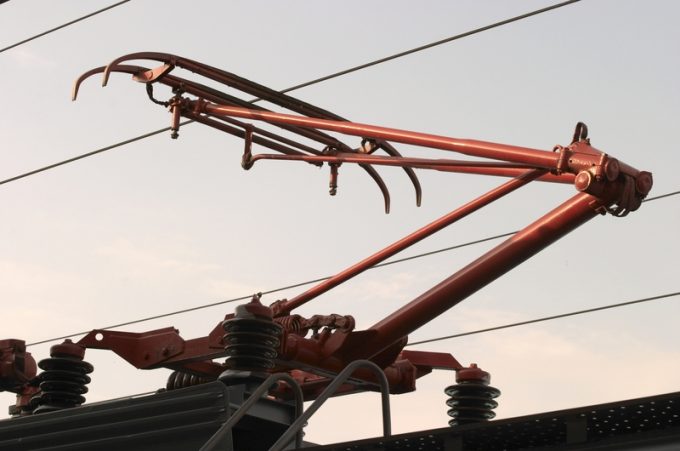Slow steaming not the way to reduce emissions, 'check the ship's systems'
Despite being highlighted by the International Maritime Organization’s carbon intensity indicator (CII) index, slow steaming ...

The Guardian reports today that a study into whether trucks could adopt the technology that has allowed the electrification of large parts of the rail network has shown that road freight emissions in the UK could be drastically reduced within 15 years. While electric delivery vehicles are increasingly used in urban environments, truck manufacturers have so far been unable to develop a electric batteries with enough energy storage for trucks to run for long distances. However, the interesting alternative, being tested in Germany and Sweden, is to electrify the roads themselves. “Catenary cables, powered by the national electricity grid, would link to lorries driving in the inside lanes on 4,300 miles (7,000km) of UK roads through an extendable rig known as a pantograph – similar to those on the top of electric trains. The electricity would power the lorry’s electric motor, as well as recharging an onboard battery that would power them to destinations beyond the electrified roads.”
MSC Aries now bound for Iran, and crisis will be 'a catalyst for higher rates'
Urgent call for breakdown of cargo onboard as General Average declared on Dali
Hong Kong drops out of world's top 10 busiest container ports
Iranian troops seize MSC box ship while Somali pirates net $5m ransom for bulker
Flexport is 'back on track' – now it needs to start growing again
Bottlenecks and price hikes as airlines now avoid Iran airspace
Capture of MSC Aries will further drive up Indian export costs
Iran may now pose a threat to multimodal supply chains via Dubai
Alex Lennane
email: [email protected]
mobile: +44 7879 334 389
During August 2023, please contact
Alex Whiteman
email: [email protected]
Alessandro Pasetti
email: [email protected]
mobile: +44 7402 255 512

Comment on this article